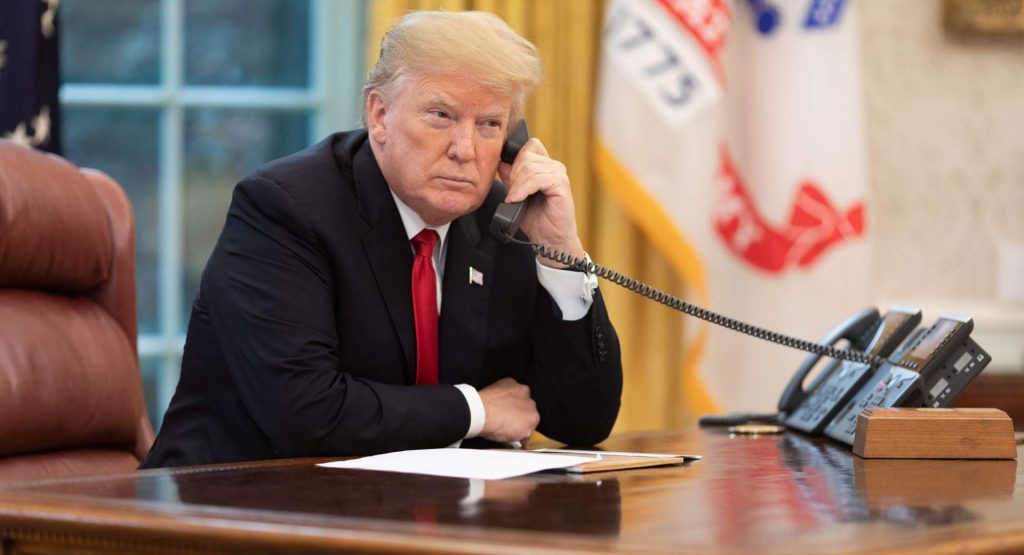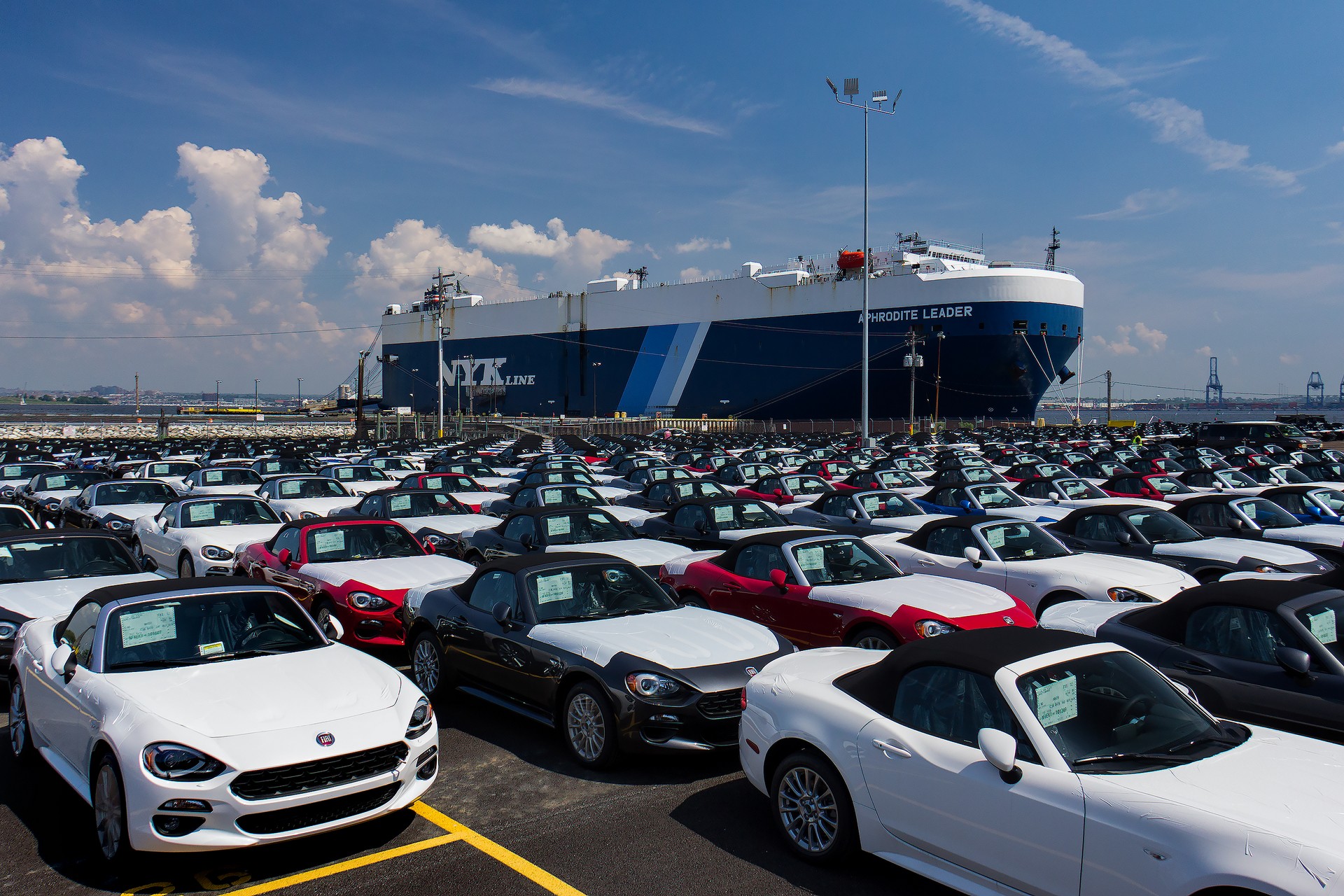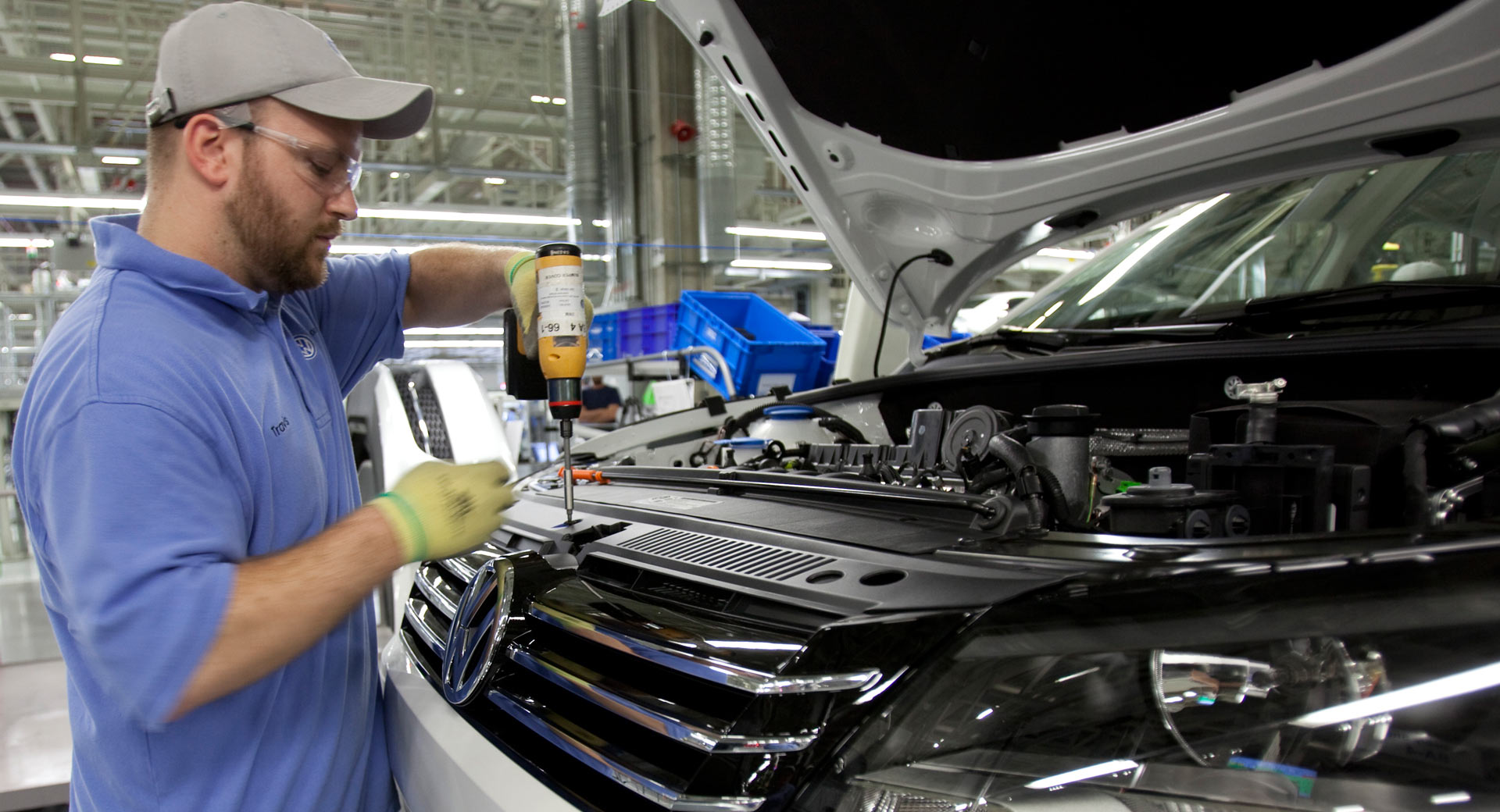The European Union says it will reject any push from the United States to curb imports of cars and auto parts from the EU into the U.S.
U.S. President Donald Trump floated an idea of fixing quotas on automotive exports from Europe earlier this week, after claiming such shipments pose a national security threat.
Trump has delayed specific plans on auto tariffs for 180 days, but has instructed U.S. Trade Representative Robert Lighthizer to address the matter of reducing auto imports into the country during talks with the European Union and Japan. The voluntary restraints of exports is illegal under World Trade Organization rules, and Swedish Trade Minister Ann Linde says the EU bloc is “100 per cent against” such measures.
Also Read: VW CEO Says U.S. Tariffs Could Impact Profitability, Cost Them Up To $2.8 Billion
Bloomberg reports that the ongoing trade dispute could impact planned negotiations between the U.S. and European Union about eliminating tariffs on industrial goods to bring an end to a trade truce struck in July 2018.
If the U.S. does introduce tariffs on European-made vehicles, the EU will likely hit back with tariffs of its own on American-made goods. Last year, Trump imposed levies of 25 per cent on steel and 10 per cent on aluminum imported into the U.S., and in response, the EU applied a 25 per cent tariff on $3.1 billion of American products including whiskey, Levi jeans and Harley-Davidson motorcycles.
“We hope that the tariffs will not be put into practice at all,” Linde said. “That is a really, really tough situation for the Swedish car industry and the European car industry. So that would be a catastrophe.”
The European Commission asserts that a 25 per cent tariff on foreign cars would increase the sticker price of European cars in the United States by an average of 10,000 euros ($11,169) each.





